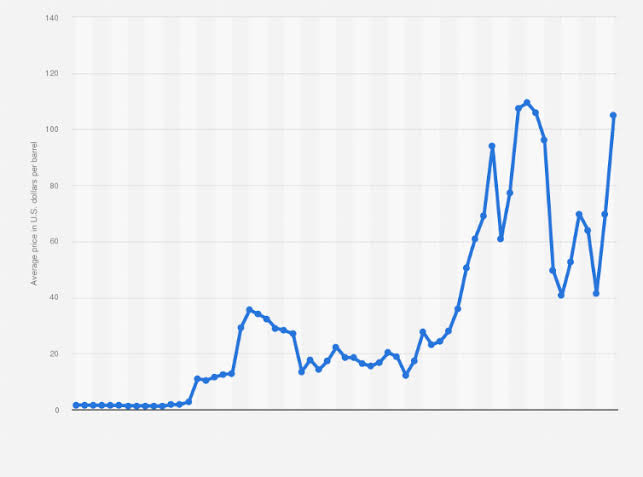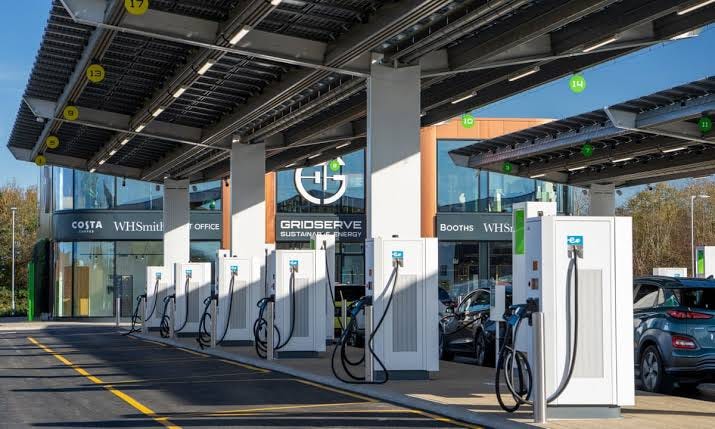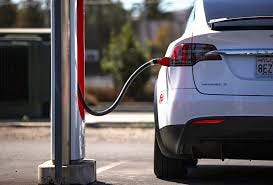As U.S. Postal Service moves towards EVs: What happens if Africa is Left Behind?
While the West embraces electric vehicles in a bid to slow down climate change, Africa might be left behind. What could be the consequences in relation to climate change? Read to find out more.
USPS delivery vehicle
The momentum appears slow. It appears minuscule, but it’s still a momentum. The U.S. Postal Service proposes electronic vehicles (EV) delivery trucks for its operations. It proposes it for its fleet in 2023, to replace its 1987-era trucks. It proposes to buy at least fifty percent of its new purpose-built trucks will be EVs, along with thirty four thousand five hundred additional “off the shelf” commercial vehicles over a two-year period, including as many EVs as are commercially possible.
Hyundai-Kona, Credit, Afrik 21
Thousands of kilometers away, another momentum takes place in Africa, despite a great problem. Stallion Motors breaks a jinx. The company breaks a perception that EVs aren’t feasible in Africa, launching its first-ever Nigeria-assembled EV named Hyundai-Kona. Along with another company called Jet Motors, it designs EVs for African roads, manufacturing them for the African situation, creating them for the peculiar usage in Africa.
As EVs gain momentum in developed nations, Africa emulates the trend. Of course, only 350 EVs ply Kenyan roads out of some 2.2 million registered vehicles. South Africa estimates having only 1,000 EVs in January 2022 out of a total fleet of 12 million automobiles, but no one denies the impact of global considerations over this development. The United States records only 4% of new-car EV sales by March, but the momentum builds up for the usage of electronic vehicles, as can be seen with the announcement by the U.S Postal Service.
Story Behind the Moves
Reasons lie behind these moves. In America and other parts of the developed world, citizens need to curb global warming. They need to control climate change, speedily transitioning to EVs powered by renewable energy. They need to ditch dirty fossil fuel to tackle a climate change crisis within the backdrop of a rapidly closing window to secure a livable future, as any further delay could prove disastrous to man as a species on the planet earth.
Oil price rise in Africa, Credit, Statista
In Africa, despite its great challenge over EV adoption, the same sense of self-preservation obtains. All over the continent, oil prices soar. In addition to the soaring prices of oil, 600,000 people die from air pollution in the continent every year. The 600,000 deaths cost the continent $215 billion in 2013, with the transportation system constituting the fastest-growing source of carbon emissions. The 600,000 persons die also from poor fuel quality, the sale of second-hand and worn-out fossil fuel-powered vehicles, and the accelerating speed of emissions of greenhouse gases from industrial plants.
Therefore, EVs provide an opportunity to halt the accelerating speed of emissions from greenhouse gases. For Africa, it comes as an alternative to fossil fuel usage in the transportation sector, a means to escape the shackles of soaring oil prices. For America and Europe, it gives hope for the slowdown of global warming, an opportunity to replace fossil-fuel with renewable energy such as wind and solar, a means for citizens to curb global warming.
The Opportunities
With EVs, 100,000 American lives would be saved, according to a new report. Three million people could escape Asthma attacks, with sufferers avoiding 13.4 million sick days by 2050. Emissions of greenhouse gases could fall by 92% by 2050, creating $1.7 trillion in climate benefits, with ecosystems, agriculture, and infrastructures protected from rising sea levels. Millions living in communities of color and low-income neighborhoods could be spared of the severe consequences from air pollution and climate disasters, since they live with the risk of Asthma attacks, strokes, lung cancer and other diseases in areas affected by unhealthy levels of air pollution.
Fossil fuel's dominance in Africa, Credit, DW
African lives would be saved too through EVs, but the continent might find it difficult to reap the complete environmental benefits from the entire affair. Fossil fuel-powered electric grids dominate the continent. So if everyone uses EVs while the power grid is not carbon free, a reduction results in the net gain on the environment. The continent’s electric grid is not powered by wind and solar, and nations balk at making massive investments in the EV space. If the continent finds itself unable to overcome the challenge of having fossil fuel-powered electric grids, and remains unable to establish electronic car charging stations in sufficient numbers, EVs would remain a luxury.
United Kingdom's first all-electric car charging station in Essex, Credit, The Guardian
In America and other parts of the Western axis, EVs won’t be seen as a luxury for too long. Nations rapidly overcome fossil fuel powered electric grids. They set up Supercharger stations for EVs, with the Tesla having stationed 1,435 of them in the U.S. They put in measures to fast-track making EVs more affordable than gasoline-powered vehicles, incentivizing their purchase, such as a U.S. federal tax credit as high as $7,500 given to consumers of eligible EVs. If Africa fails to match these steps in the long term, it's carbon emissions in 2050 double over the figure for 2015, constituting many dangers in the fight to rid the world of its climate crisis.
Adjustments
Ultimately, the West should make adjustments over the EV space in the fight to rid the world of its climate change crisis. Not unlike gas stations, charging stations need to be everywhere. The West should focus efforts not just on individual consumers, but also on corporate fleets. Efforts should concentrate not just on passenger vehicles, but only on corporate fleets, so purchases take place in bulk and charging occur in a central location. Policies should focus not just in telling people to purchase EVs, but also to create incentives for purchase, or evolve new vehicles, or build new infrastructure, and assist Africa.
However, Africa should create a new infrastructure for its power grid. It should make wind and solar the basis of its electricity grid. It should phase out fossil fuel power grids, make electricity cheap for its millions of consumers, work towards a carbon free grid. It should also develop solar-powered charging points, and get electricity storage solutions to leverage on the continent’s abundant renewable energy resources.
If the continent fails to leverage on its abundant renewable energy resources, the quality of air of its inhabitants remains the same. Prospects of a slowdown in this part of the world fade, with negative consequences to other parts of the world, especially when others leave the continent to tackle its challenges alone. The transition to zero emissions feels urgent, so efforts such as the proposed purchase by U.S. Postal Service might prove insufficient, when vulnerable parts of the world suffer from lack of electronic vehicles.
News about EVs
By the end of the decade, eight in 10 vehicles sold by Porsche will be electric, and it expects that EVs will account for half the luxury car market by 2031 – Read More
Audi India Head Balbir Singh Dhillon said the auto major would stop production of current models powered by ICE and would commence transition to sell only electric vehicles from 2033 onwards – Read More.
Why Africa’s EV charging infrastructure is gaining strides – Read More.
Electric vehicle start-up Max eyes presence in eight African countries after Nigeria launch –
What to cook
Nigerian vegan dish.










